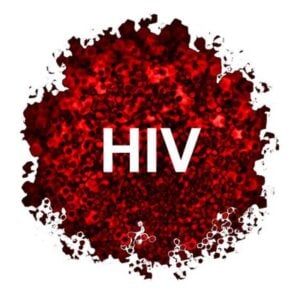The World Health Organization (WHO) has officially validated the Maldives for eliminating mother-to-child transmission (EMTCT) of hepatitis B, complementing its 2019 validation for HIV and syphilis. This makes the Maldives the first country globally to achieve ‘triple elimination’ of these diseases, a milestone underscoring strong political will and sustained investment in maternal and child health. WHO Director-General Dr. Tedros Adhanom Ghebreyesus highlighted the achievement as a source of hope and inspiration for countries striving to prevent infections that impact millions worldwide.
Mother-to-child transmission remains a significant public health challenge. In the WHO South-East Asia Region alone, over 23,000 pregnant women had syphilis in 2024, leading to more than 8,000 infants born with congenital syphilis. Around 25,000 HIV-positive pregnant women required treatment to prevent transmission to their babies, and hepatitis B continues to affect more than 42 million people in the region. WHO officials emphasized that the Maldives’ success reflects its commitment to universal health coverage and equitable care, including for migrants, supporting maternal and newborn health while prioritizing long-term well-being.
The Maldives achieved this milestone through a comprehensive approach to maternal and child health, including over 95% antenatal care coverage, universal testing for HIV, syphilis, and hepatitis B, and strong immunization programs. More than 95% of newborns consistently received a timely hepatitis B birth dose and full vaccine coverage, ensuring lifelong protection. No infants were born with HIV or syphilis in 2022 and 2023, and a 2023 national survey confirmed zero hepatitis B among first-grade school children, surpassing elimination targets. These outcomes were supported by universal health coverage, free access to antenatal care, vaccines, and diagnostic services, backed by policies and over 10% of GDP invested in health.
Strong partnerships between the government, private providers, civil society, and international organizations were key to the success. Collaborative efforts in screening, service delivery, outreach, and technical support helped ensure effective implementation of interventions. WHO Representative to Maldives, Payden, highlighted that sustained investment, innovation, and community-based care played a crucial role in transforming public health outcomes and that WHO will continue providing technical support to maintain this achievement.
Looking ahead, the Maldives plans to sustain and build upon this success by integrating digital health information systems, expanding targeted interventions for key populations and migrants, enhancing private sector engagement, and improving laboratory quality management. These efforts aim to secure long-term elimination, strengthen the broader health system, and advance maternal, child, and adolescent health goals across the country.






